WASHINGTON — David Goodrich has retired from a career in climate science, but he hasn’t stopped warning about climate change’s catastrophic dangers.
Goodrich worked in the field for decades. He ran the U.S. Global Change Research Program office and even served as director of the Global Climate Observing System.
Such positions granted him a front-row seat to the emergence of that inconvenient truth: the planet’s warming at an alarming rate. According to NASA’s Goddard Institute, the average surface temperature has warmed by about 1.4 degrees Fahrenheit — and the majority of that increase has happened in the last three decades.
So when the Montgomery County resident walked away from his career, he wasn’t ready for a life of leisure.
Instead, he took a bike ride — from Delaware to Oregon.
Goodrich chronicles that three-month, 4,028-mile trek in his book “A Hole in the Wind: A Climate Scientist’s Bicycle Journey Across the United States.”
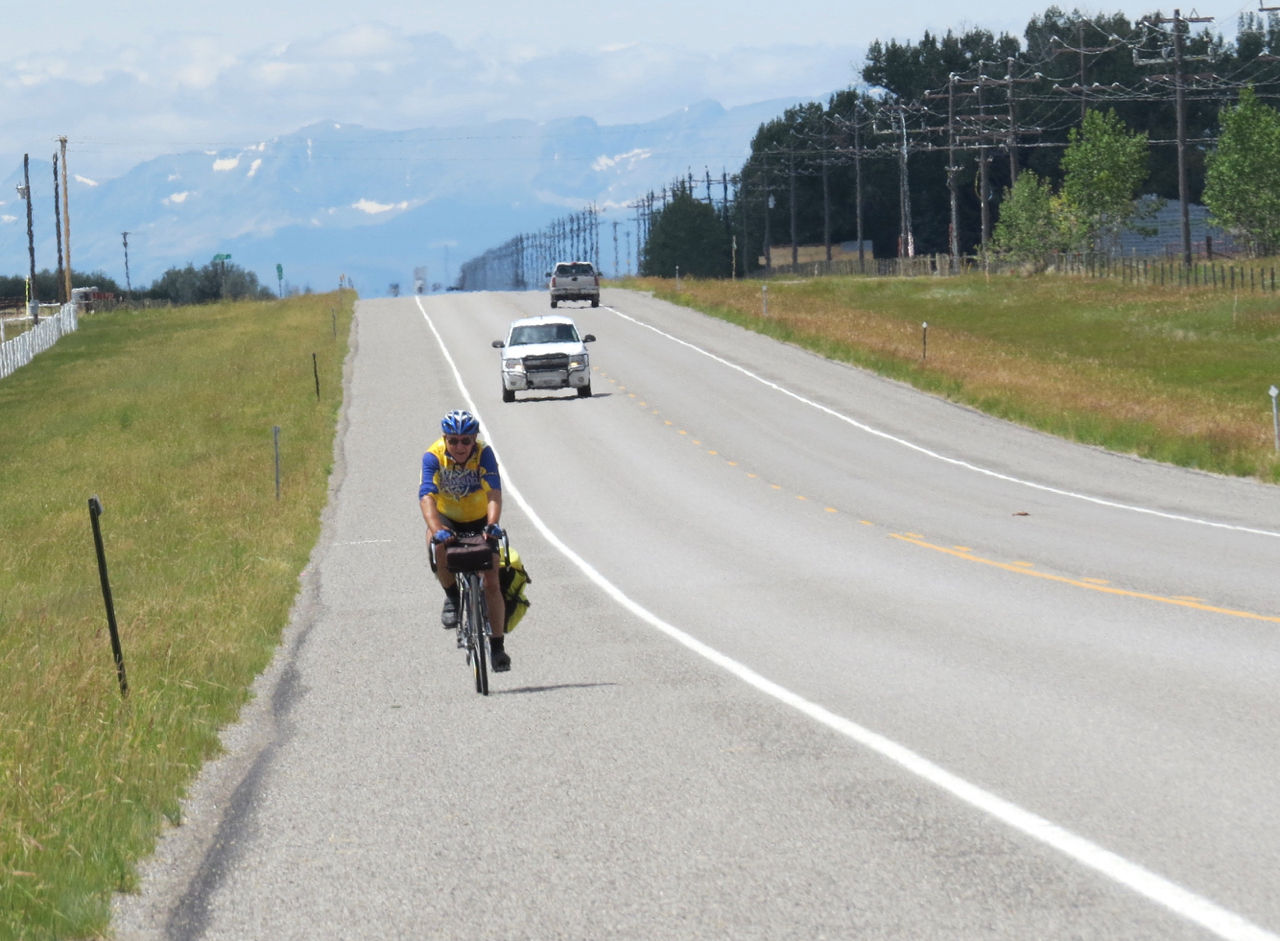
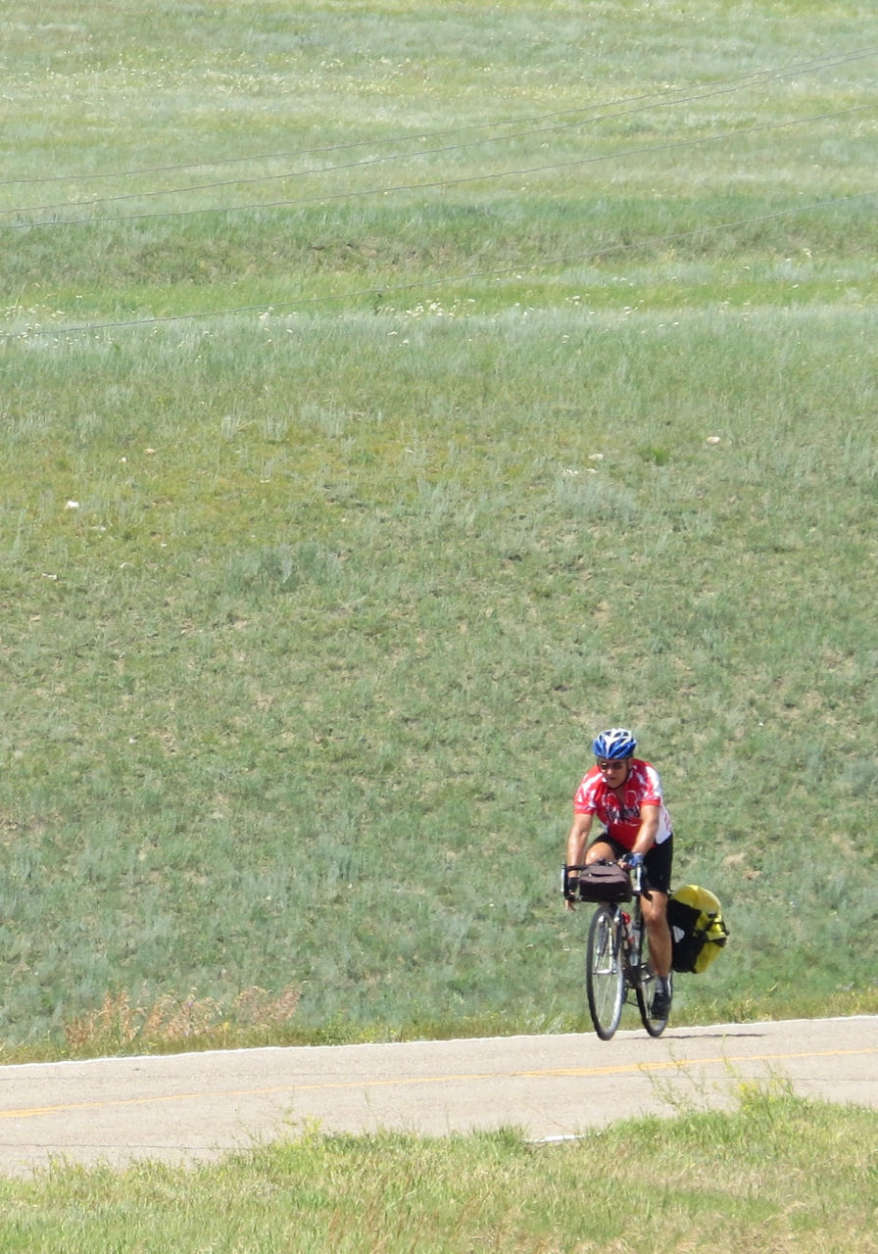
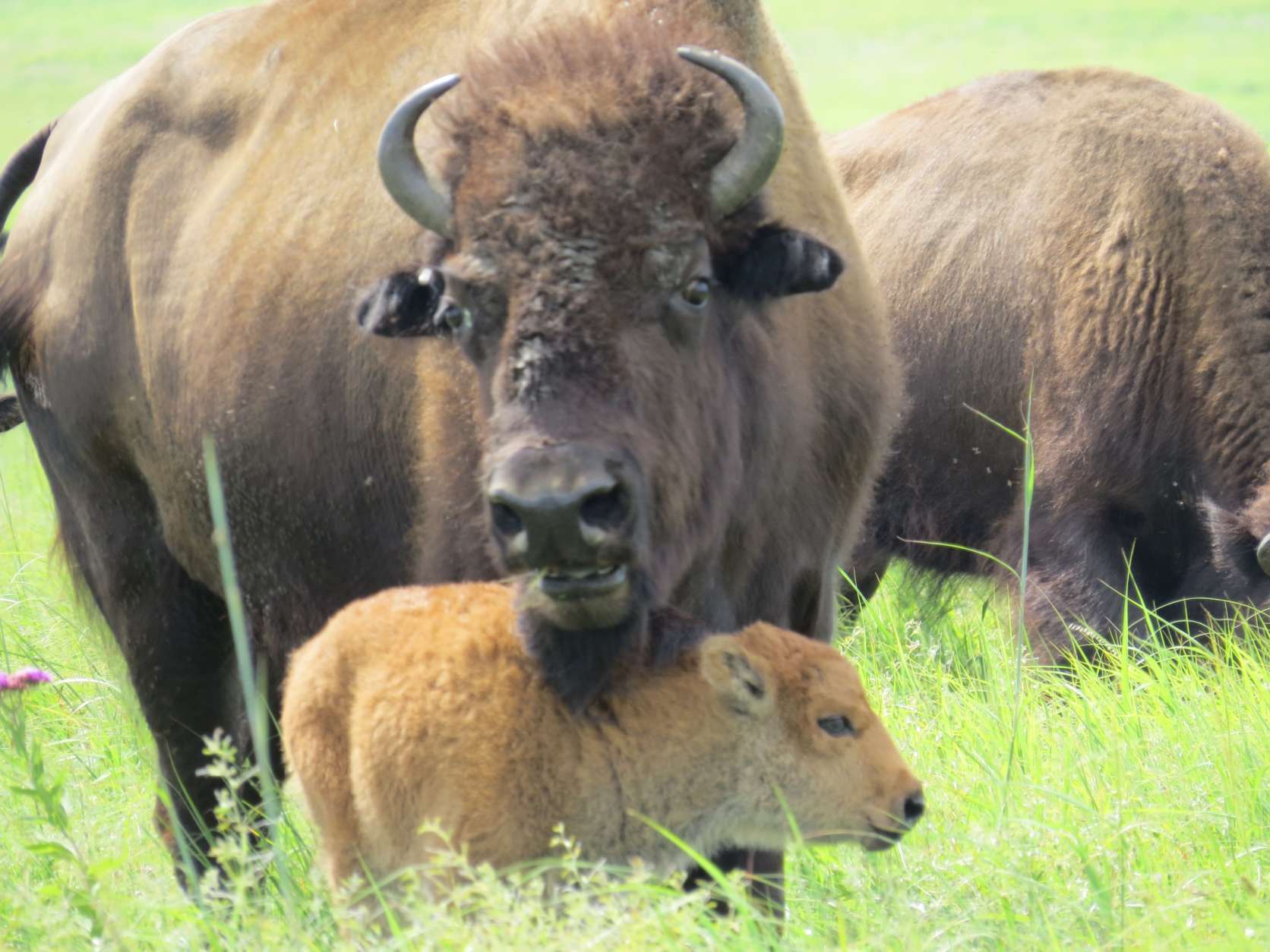
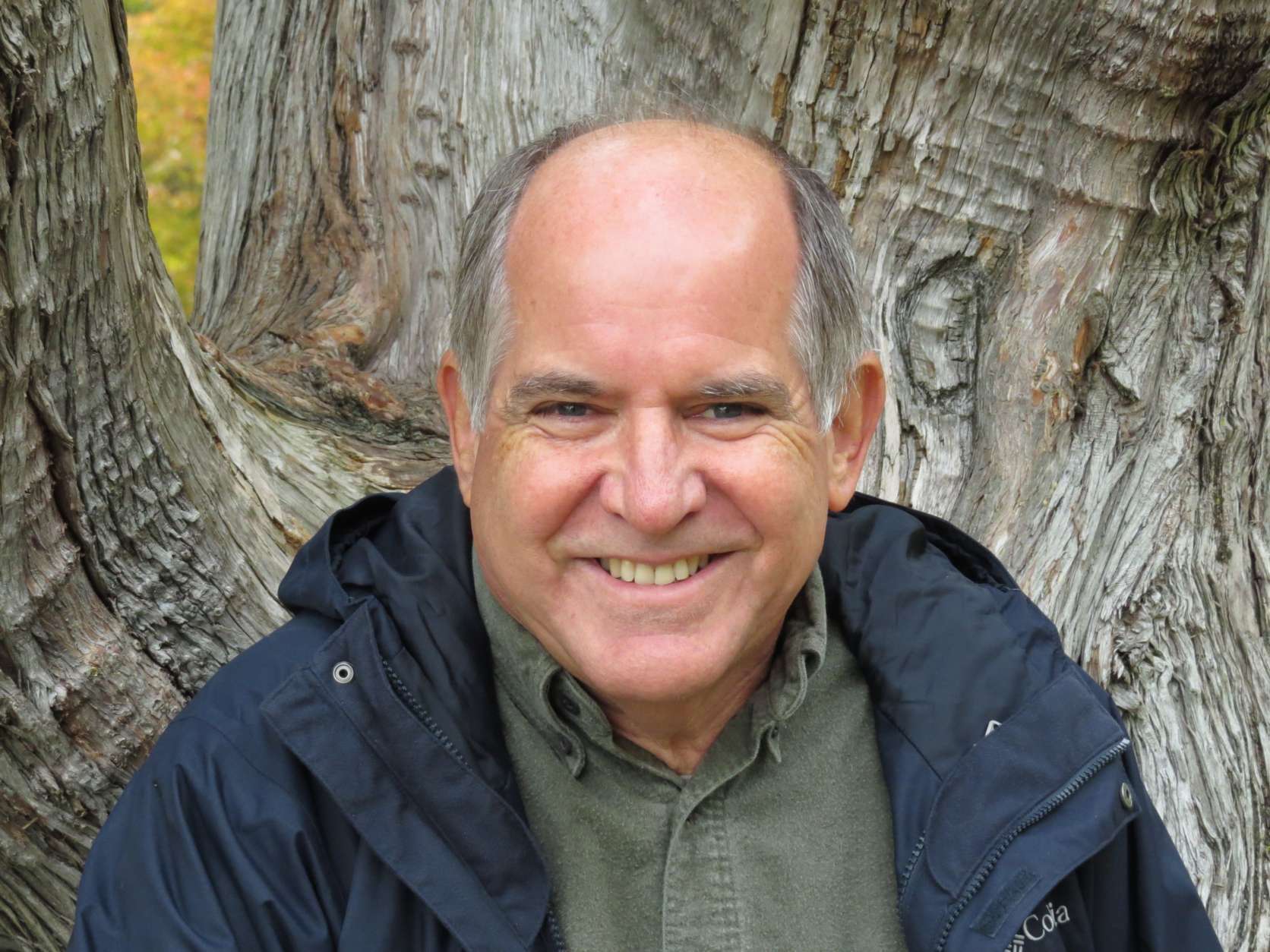
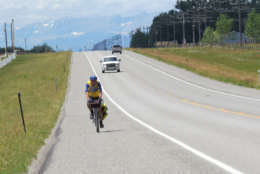
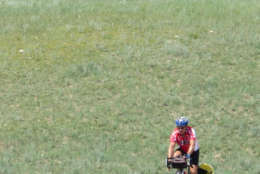
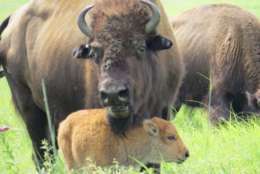
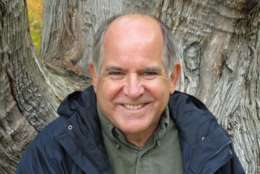
He recently discussed the book with WTOP’s Shawn Anderson and Hillary Howard, and highlighted some of the moments in which he witnessed the dramatic impact of global warming.
In Idaho and Montana, Goodrich rode his bike (and 50 pounds of gear) into wildfire-affected areas. In Kansas, he pedaled through 100-degree heat and punishing hot winds.
And across the front range of the Rockies, he saw particularly dramatic evidence of its impact: massive amounts of dead trees caused by the mountain pine beetle. The pest used to be killed off by extreme cold, but “those kinds of winters don’t happen anymore, and the population of this beetle has just exploded,” he said.
Such tree loss worsens the effects of climate change, he explained.
“One of the big ways that the planet absorbs carbon dioxide [a greenhouse gas] is by forest,” he said. “Forest trees take in carbon dioxide and sequester it — basically put it in the form of sugars and things in the trees.”
“So, if you have fewer trees, it’s almost one of these negative feedback loops, where fewer trees mean a less-effective way of getting carbon dioxide out of the atmosphere.”
Despite such evidence, he said, he met more than a few people still skeptical that something bad is happening to the planet.
“It’s almost like you can talk about the latest big drought,” he said. “You can talk what’s happened with agriculture, you can talk about bugs, but there’s a certain sense that once you mention the ‘C-word’ — once you mention ‘climate’ — that, in a lot of cases, the walls go up.”
It’s seen as a political issue, said Goodrich, who himself doesn’t see it that way. “It’s still about 97 percent of the scientists [who] agree that man-made global warming is a reality,” he said.
Goodrich, who doesn’t view that epic trip as “a hazardous endeavor,” said he’ll most remember the many small-town Americans who were willing to help a stranger just passing through town.
“People will help you out in small-town America,” he said, “and that’s what I just found over and over again.”





